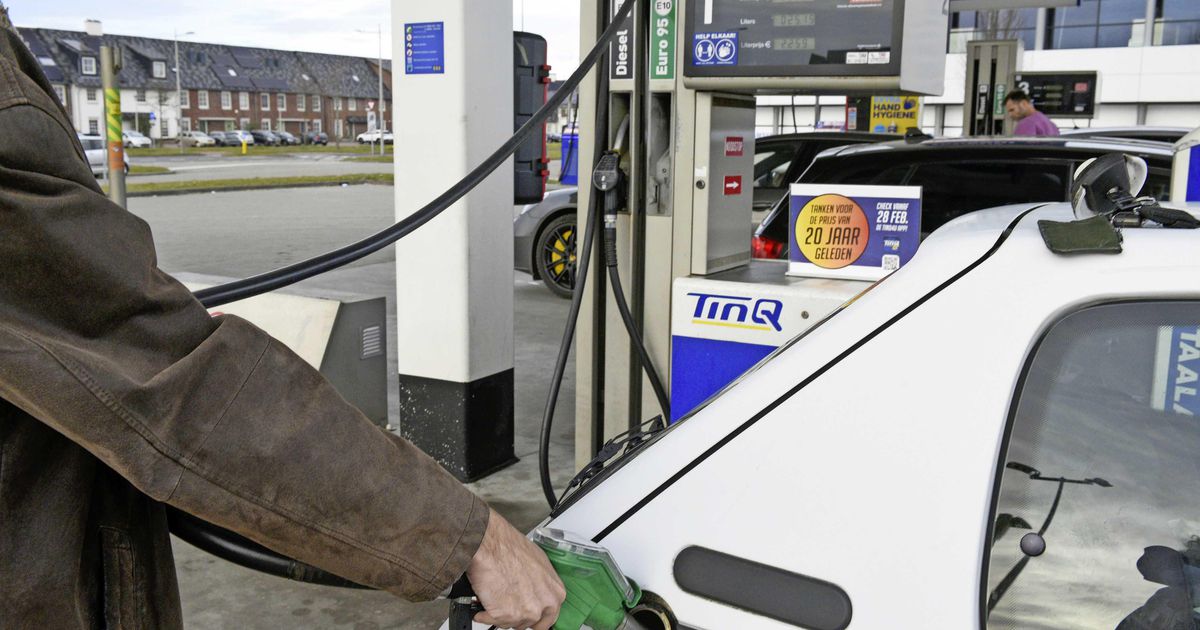According to the bank, analysis of transaction data shows that debit card turnover at gas stations has risen much less rapidly than the average price of fuel over the past six months. “By moving to cheaper locations or refueling in smaller quantities, families are relieving their pain in their wallets,” the bank said in a report on Thursday.
Compared to six months ago, the average fuel price is more than 30% higher. However, the total value of payments with debit cards at gas stations increased by only 15%, that is, by half, the increase in the price of fuel. “This means that car owners have reduced the pain in their wallets by modifying their refueling behaviour.” This can be done by refueling less or cheaper, for example at a cross-border pump.
The “suggested average retail price” for a liter of 95 euros of gasoline is 2.44 euros on Thursday. With many unmanned pumps, the driver pays about 0.20 euros less. The price has been rising at a fast pace for over a year, especially since the outbreak of the war in Ukraine.
Abroad
According to ING, an increase in fuel prices is bad for the Dutch economy for several reasons. The amount households have to spend on fuel largely flows abroad and therefore cannot be spent locally on something else, for example a visit to a restaurant or a picnic at the weekend. How difficult this impact will ultimately affect the economy depends on how households respond to significantly higher fuel prices.”
Consumers mainly tried to ease the pain by reducing the cost per fill, not by going to the pump less than usual. The number of debit card transactions is still close to the level it was six months ago.
ING thinks it is good that the Dutch are cutting back on fuel. “That means they have to cut back on other things, like visiting a restaurant or having a picnic.”







